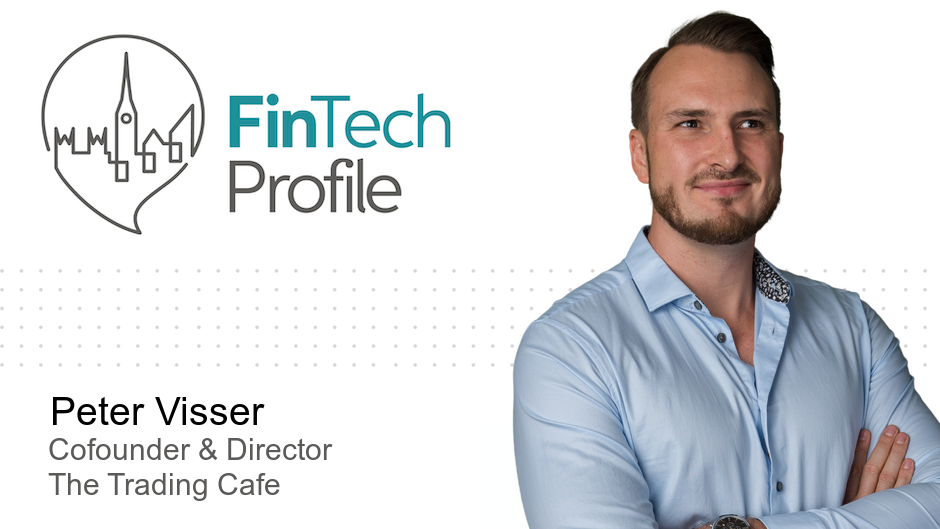Traditional banking business model vs. focusing on the consumer: what's next?
Today we have another opinion piece for you from By Guste Sadaunykaite – Brand and Communications manager @ TransferGo whose CEO, Daumantas Dvilinskas, we profiled here a couple of weeks ago.
Guste talks about how the consumer focus of fintech niche product companies is challenging the traditional banking model of one size fits all. Our thanks to Guste for this contribution.
 Arguably, traditional banking is going through its biggest transition in 50 years. As they were the only entities legally able to issue checking accounts prior to the 1980s, banks grew to take over all the financial operations for individuals as well as business customers. In a broader definition of a bank, you can find its focus is handling customer deposits and making investment loans to businesses. For the past few decades, the only other players in the field were savings and loan associations, credit unions, and mutual savings banks; however, as we see today, the traditional business model for banking, based on monopolisation, is being outcompeted by niche product companies focused on delivering additional value to the consumer.
Arguably, traditional banking is going through its biggest transition in 50 years. As they were the only entities legally able to issue checking accounts prior to the 1980s, banks grew to take over all the financial operations for individuals as well as business customers. In a broader definition of a bank, you can find its focus is handling customer deposits and making investment loans to businesses. For the past few decades, the only other players in the field were savings and loan associations, credit unions, and mutual savings banks; however, as we see today, the traditional business model for banking, based on monopolisation, is being outcompeted by niche product companies focused on delivering additional value to the consumer.
Banks used to offer many services to many customers. A bank was like a mass production factory making the same size of shoes for lots of different people. As we all know, one shoe size doesn’t fit everyone. It’s the same in finance: the future is bespoke specialist bank service providers servicing certain niches really well. One might say that some banks will adapt to the new environment by innovating early. A good example of that could be Lloyds Bank plc, where huge amounts of time and money are being invested in its Innovation Labs. Another example is HSBC launching yet another fintech innovation lab now in Singapore.
However, it’s fair to assume that many of the banks will definitely struggle. The main problem is that it is difficult to change the underlying business model in a huge corporation.
For long enough, traditional banks have been avoiding investing in technology, since investments in additional branches or mergers and acquisitions have traditionally delivered monopolistic advantages and a better return on investment for them. Paradoxically, this is actually changing very fast, and one of the main catalysts for that change is technology. So banks are doomed if they fail to recognise this changing reality.
In addition, the most important catalyst of change is consumers. They drive changes by demanding better, faster, cheaper services in pretty much all banking service verticals, such as payments, international money transfers, loans, mortgages, insurance and the rest. We’re all living in an environment where, depending on our needs, we can make an informed decision and freely choose the best provider. Everyone is expecting a mobile on-demand solution that is fuelled by technology, accessible to everyone anywhere with a flawless user experience.
One good example of the struggle and search for a better solution is international payments. For many, this doesn’t make sense, but the reality is that there is no global unified system for banks to deliver efficient cross-border payments. It’s just a messy clutter of bilateral agreement between various banks. In addition, the technology for this really hasn’t evolved much for 50 years, therefore it’s still nearly impossible for the industry to make adjustments. There are short-term profitability requirements and agreements would need to be rewritten from scratch, which makes change highly improbable. Therefore, smaller players, such as fintech companies like TransferGo, whose sole focus is serving the needs of its customers to send money abroad in the most convenient and speedy way, have more opportunities to succeed and facilitate change. TransferGo is partnering with the most innovative banks, leveraging and optimising their payment infrastructure with advanced technology to enable cross-border payments up to 10 times cheaper and delivered in seconds.
That’s only one example of a niche product company focusing on delivering additional value to the consumer, but that’s what the future entails, since all of us are going to demand more and more from all of the services. Thus, only technologically advanced companies, such as fintech start-ups or forward-thinking banks with the right attitude towards their consumers, will succeed in the industry.
If you have something to say about FinTech and would like to contribute an article or are a startup who would like to be profiled yourselves, please drop a note to emma@fintechprofile.com. Alternatively, you can sign up to our Newsletter here. We won’t share your information with anyone else & you can unsubscribe at any time.





